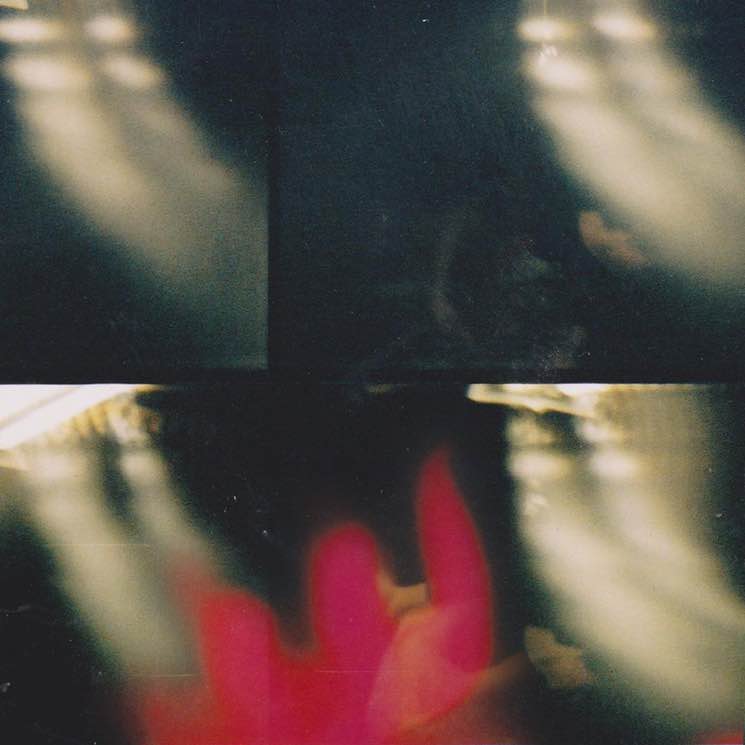Los Angeles-based composer Forest Walker Christenson works in a variety of realms, often transcending aural landscapes with his many endeavours. His day job finds him rubbing elbows with legendary film composer Hans Zimmer, as an engineer at Zimmer's Remote Control Productions studio, but some of his most recent projects include co-mixing BBC's Planet Earth II alongside Alan Meyerson, and assistant score mixing for Captain America: Civil War. He has also worked on video games and written scores for short films. With long-time collaborator John Also Bennett, he formed the synth-based project Seabat, the alien emanations of which have been etched across numerous limited-run releases.
Quite possibly the most epic of the Seabat artefacts is the Crescent ParC LP, which arrived courtesy of the lovely Constellation Tatsu label, the imprint responsible for releasing UV Sea, Christenson's latest solo venture. Existing in cassette and digital form only, this album combines the composer's aqueous tendencies with the emotional impact of film music. "Desert Lighthouse," which comprises over 13 minutes of punctuated minimalism, pairs thick drones with short, repetitive synth stabs and fragments of piano. This piece is the densest, and the least film-like of the four on offer here.
The remaining three tracks carry more emotional weight, building a careful sort of tension as they unfold. Depending on one's mood, this switching of gears could be endearing or deeply unsettling, and may burst the bliss-filled bubble created by the opening drone salvo. UV Sea is worth investigating if either of these modes is of interest to you.
(Constellation Tatsu)Quite possibly the most epic of the Seabat artefacts is the Crescent ParC LP, which arrived courtesy of the lovely Constellation Tatsu label, the imprint responsible for releasing UV Sea, Christenson's latest solo venture. Existing in cassette and digital form only, this album combines the composer's aqueous tendencies with the emotional impact of film music. "Desert Lighthouse," which comprises over 13 minutes of punctuated minimalism, pairs thick drones with short, repetitive synth stabs and fragments of piano. This piece is the densest, and the least film-like of the four on offer here.
The remaining three tracks carry more emotional weight, building a careful sort of tension as they unfold. Depending on one's mood, this switching of gears could be endearing or deeply unsettling, and may burst the bliss-filled bubble created by the opening drone salvo. UV Sea is worth investigating if either of these modes is of interest to you.
